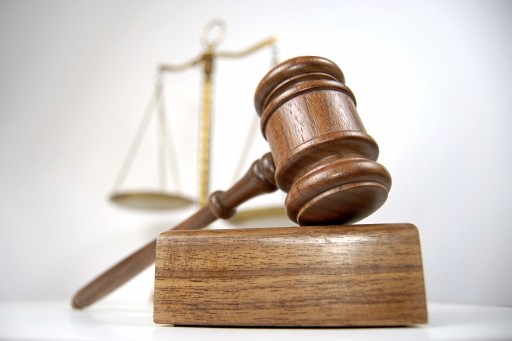Supreme court quashes pregabalin patent claim
In Analysis
Follow this topic
Bookmark
Record learning outcomes

Generic medicines manufacturers Actavis and Mylan have won their Supreme Court case against Pfizer subsidiary Warner-Lambert concerning the latter’s attempt to strengthen a second-use patent for a commonly prescribed ‘blockbuster’ drug. The National Pharmacy Association, a respondent in the case, has described the ruling in this long-running legal battle as a positive outcome for pharmacists, patients and the NHS.
The drug in question, pregabalin, marketed by Pfizer as Lyrica, was originally developed for epilepsy but was subsequently shown to help treat neuropathic pain. This second indication soon became the principal market for the drug.
Pfizer had sought to protect its market share by securing a secondary patent relating to neuropathic pain that would have been valid beyond the termination of the original patent. However, the Supreme Court ruled that the company’s secondary patent claims were invalid.
The Supreme Court was asked to consider the tests for the direct and indirect infringement for second medical use patents and to determine which test should be applied. Warner-Lambert argued that infringement should be found where it is known or foreseeable that a generic product will be used for a patented indication, while the NPA and others successfully countered that the test for infringement should hinge on whether the generic product is deliberately intended to treat a patented indication
The National Pharmacy Association says Warner-Lambert’s proposals, if upheld, “would have placed impractical requirements on pharmacists”. The NPA says pharmacists who dispensed the generic product as prescribed by a clinician would have been liable for patent infringement if it then transpired that the drug had been prescribed for an indication covered by the patent, even though it is often not possible for pharmacists to establish which condition a medicine is intended to treat.
The NPA was one of 10 third parties permitted to intervene in the case, including the secretary of state for health.
NPA head of corporate affairs Gareth Jones said: “The proposed test for infringement would have operated unfairly and in an unbalanced way, with detrimental results for pharmacists, patients, the NHS and taxpayers.
“The wrong outcome today would have meant pharmacists across the UK, who dispensed a generic product in good faith as directed by the prescriber, would still be found liable for patent infringement.
“We were determined to make the voices of community pharmacists heard in this case and the court’s verdict will come as a relief to NPA members.”
Tim Powell, partner at law firm Powell Gilbert, which represented Actavis, said: “This decision has major ramifications for the pharmaceutical industry as well as for the NHS, doctors and pharmacists prescribing and dispensing old drugs for new uses. In its comprehensive judgement the Supreme Court has sought to balance the interests of patent holders and those of the NHS seeking sources of cheaper generic drugs.”
Pfizer commented: “The period that a medicine is under patent is a critical phase in its lifecycle that fuels innovation – as science evolves and knowledge grows, patients increasingly benefit from ongoing research into new uses for existing medicines.
“As situations such as these are expected to become more common, it’s important for patients that pharmaceutical companies are able to protect patents, including second medical use patents.”
Pfizer said it is “too early” for it to comment on whether it intends to take further action.
